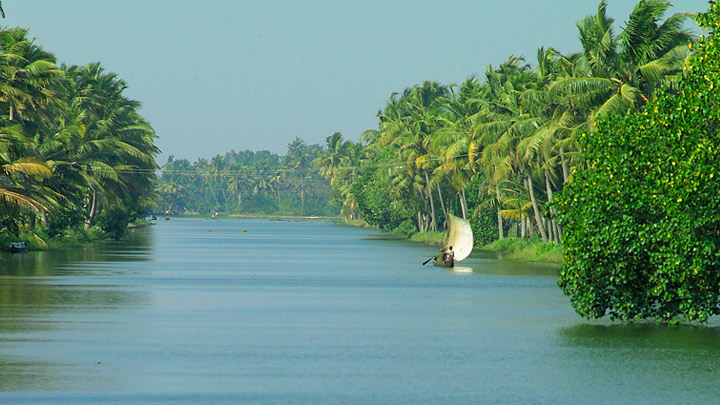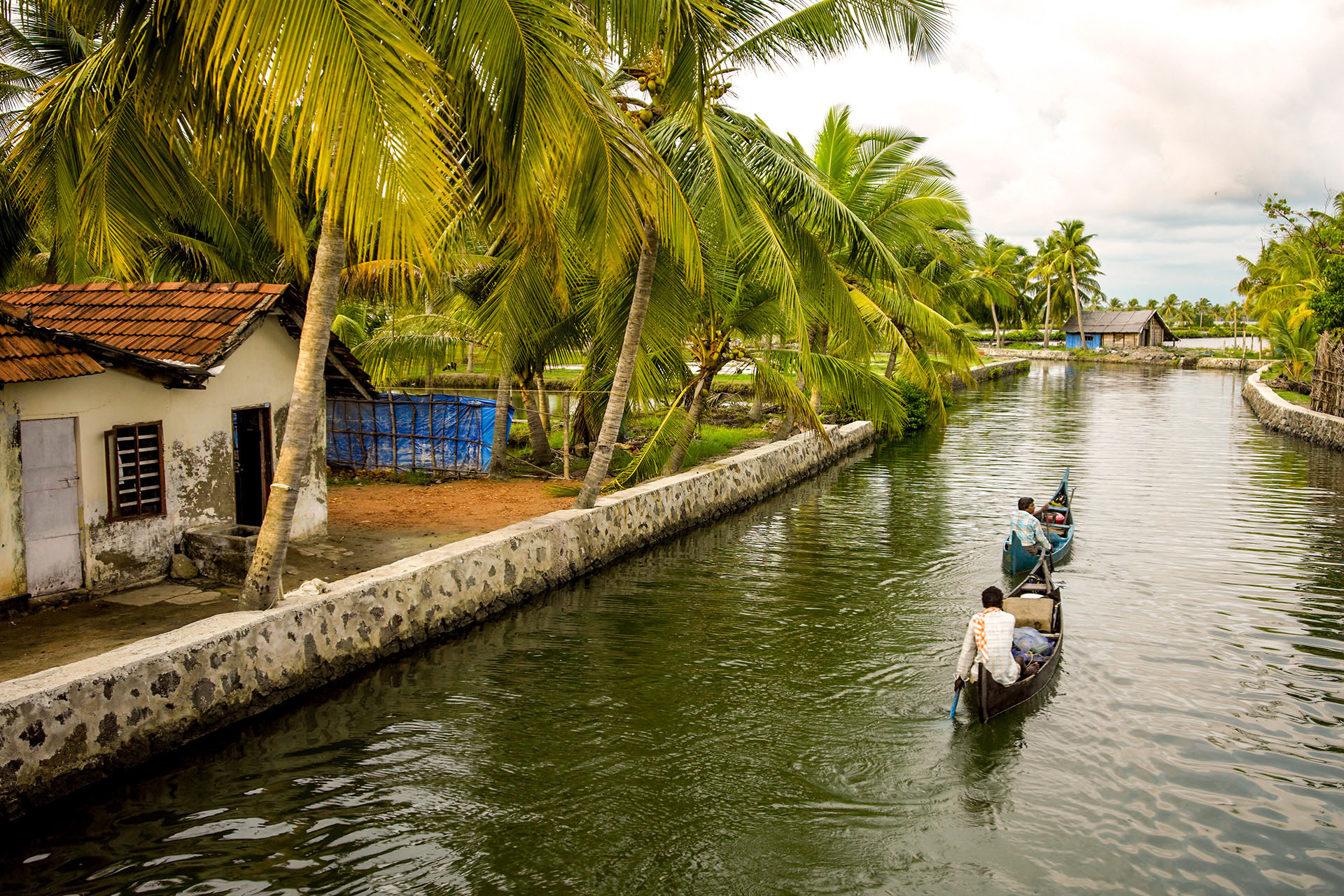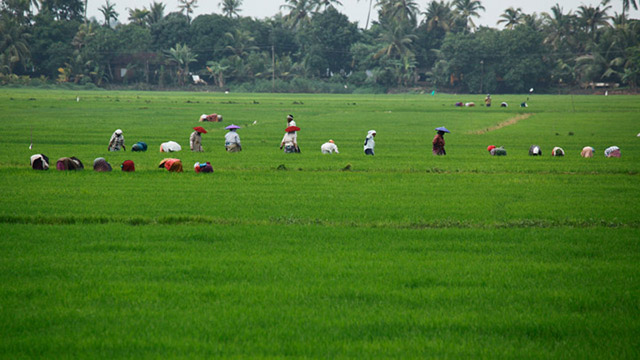
Kuttanad
is a region covering the Alappuzha, Kottayam and Pathanamthitta Districts, in
the state of Kerala, India, well known for its vast paddy fields and
geographical peculiarities. The region has the lowest altitude in India, and is
one of the few places in the world where farming is carried on around 1.2 to
3.0 metres (4 to 10 ft) below sea level. Kuttanadu is historically
important in the ancient history of South India and is the major rice producer
in the state. Farmers of Kuttanad are famous for Biosaline Farming. FAO has
declared the Kuttanad Farming System as a Globally Important Agricultural
Heritage Systems (GIAHS). Four of Kerala's major rivers, the Pamba, Meenachil, Achankovil
and Manimala flow into the region. It is well known for its boat race in the
Punnamada Backwaters, known in Malayalam as Vallamkalli.




The major occupation in Kuttanadu
is farming, with rice the most important agricultural product. This activity
gives the area its moniker of "The Rice Bowl of Kerala". Three crops
are grown every year now instead of the traditional practice of two crops per
year. Large farming areas near Vembanad Lake were reclaimed from the lake. The
history of paddy cultivation in Kuttanad can be traced back centuries. The
evolution of paddy cultivation correlated with technological advancement and
changes in the regulatory framework that existed during the 19th and 20th
centuries. In earlier times, reclamation was carried out mainly from the shallow
part of the Vembanad Lake or from the periphery of the Pamba River. These
reclamations constituted small areas of paddy fields called padasekharams.
Bailing out of water from the fields were done manually using water wheels
called chakram. Gradually the manual method used for bailing out of
water gave way to steam engines.



No comments:
Post a Comment